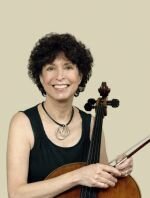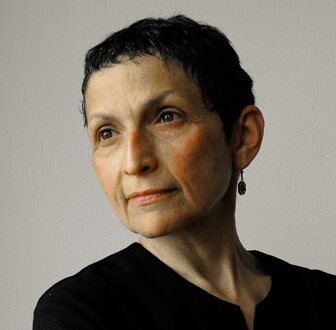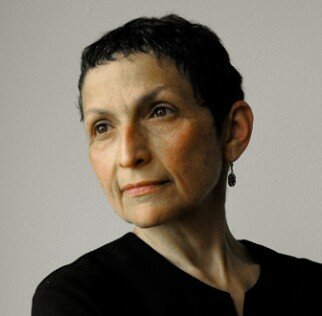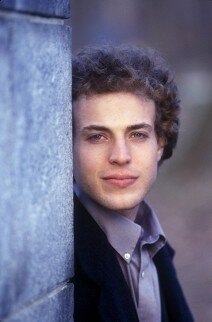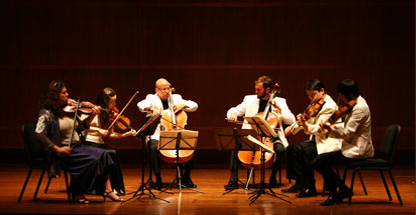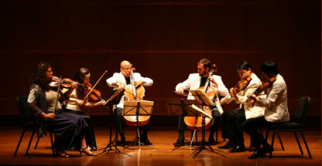Over every five years or so, the Seattle Youth Symphony Orchestra experiences 100% turnover. How many musical groups contend with this and still manage to produce a polished performance for the public to enjoy?
Sunday afternoon at Benaroya Hall, the SYSO, under music director Stephen Rogers Radcliffe, presented the orchestra in Part II of Berlioz’s Romeo et Juliette, Ernest Bloch’s tone poem “Schelomo” with 17-year-old cello soloist Hana Cohon, and Brahms’s “Symphony No. 2 in D Major.”
The orchestra usually contains as many musicians as the stage can hold. This time, there were somewhat fewer musicians (only around 100), and those in a lopsided configuration, due to so many having graduated and headed off to college at the end of last season. Fifteen first violins, 13 second violins, eight violists and nine basses, but 18 cellos as well as a healthily populated brass section could have meant an imbalance in the playing, but Radcliffe kept the sound evenly distributed and the orchestra never sounded off-kilter.
The SYSO family has four orchestras and upwards of 1,100 young musicians in its programs, which are geared to educate and train young players, not necessarily just for a musical career, but for acquiring skills useful in any career, like community and teamwork, self-discipline, and focus, all while having the exhilarating satisfaction that playing in an orchestra gives them. Players move up all the time from the beginning orchestras to the Junior Orchestra and from there to the Youth Symphony. About half of the current Youth Symphony are new this season, and had never been on the Benaroya stage before, according to SYSO’s education director Kathleen Allen.
Given this, the quality of the performance was extraordinary. Any of SYSO’s programs are worth going to for their professional caliber, and every work they play is, to the musicians, a premiere: something they have never before played in performance. As such, they bring a freshness and excitement to each one.
This was evident Sunday. The Berlioz begins extremely softly with just the first violins, in exposed phrases where any glitch or wobble would be grossly obvious. They played it with aplomb: beautiful tone, pianissimo, nothing shaky about it. Radcliffe would need confidence in his players to essay that.
Principal oboe Bhavani Kotha deserves special mention for the nuanced phrasing and smooth shaping of her prominent role here.
Cohon, who won SYSO’s 2013 Concerto Competition, performed “Schelomo” with maturity and expressiveness, as well as fine tone and good use of vibrato, while the orchestra remained closely with her without ever overwhelming her playing.
There were some rough edges in the brass during the first movement of the Brahms symphony, but here again, Radcliffe balanced his forces and had the orchestra playing as a close-knit group so that the richness, warmth and beauty of the work came through clearly. The horns did particularly well, and at the end, Radcliffe recognized principal horn Andrew Angelos for a personal ovation.
The performance was dedicated to the memory of Toby Saks, who died last summer. She had been a long-time supporter of SYSO, was one of their cello coaches; and, in 1984, herself played “Schelomo” as soloist with the orchestra.
Want an encore? Connect with us on Facebook, Twitter, and Instagram for more like this.
